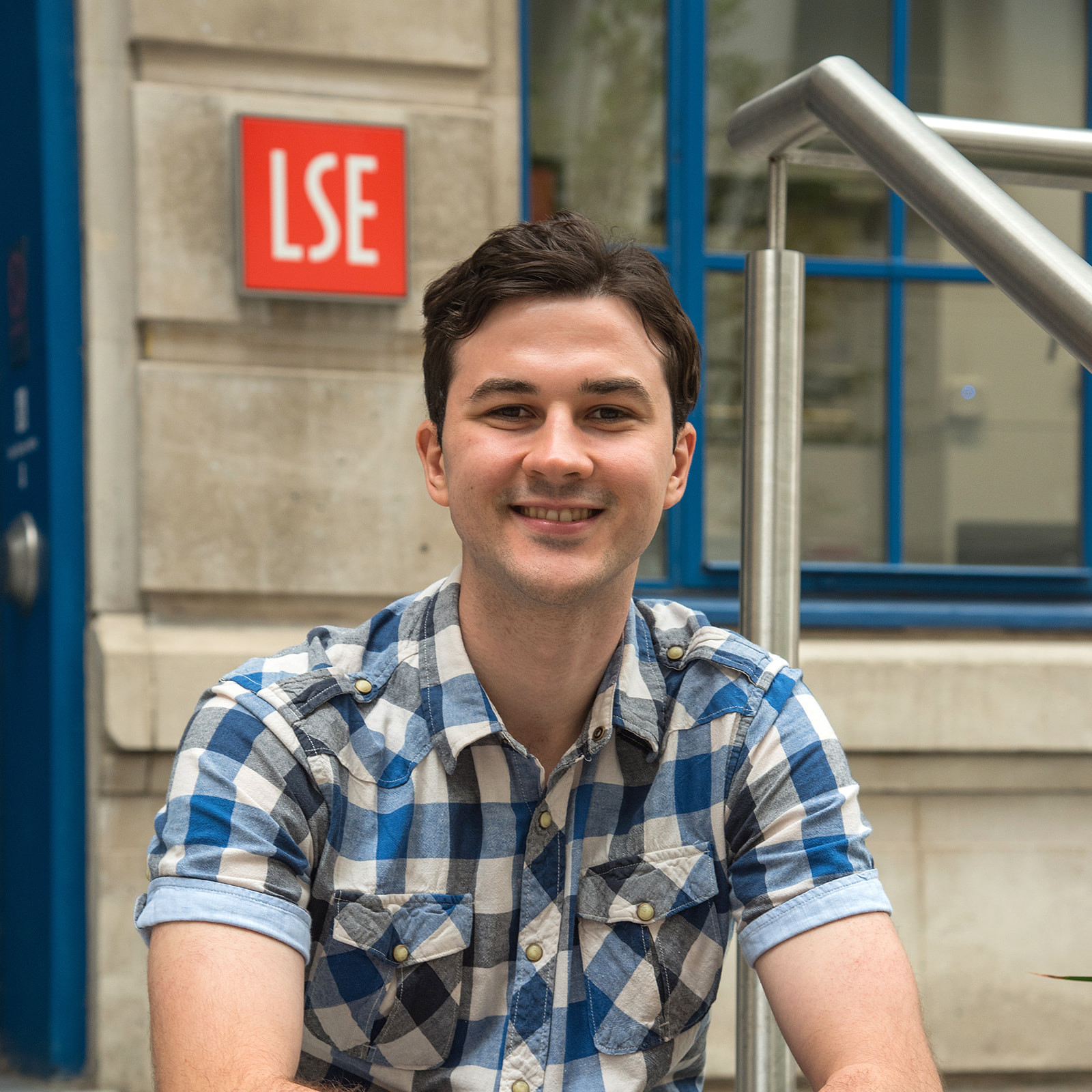7 min read
We sat down with Matt, who took the course LL300: Resolving Commercial Disputes: Negotiation, Mediation and Litigation Strategy in 2022, to find out about his experience of the course, and how it has helped him since he left Summer School.
Why did you decide to attend LSE Summer School?
I wanted to travel overseas and gain some course credit for my degree while doing it! I also wanted to visit London and noticed that graduates at workplaces I aspired to work at had done the Summer School and used that experience as a feather in their cap to obtain those roles.
Why did you choose LL300?
I chose LL300 given how applicable it is to my aspired career path in law. My home university had no course electives like it, and I thought no matter what speciality I wish to practice in, I could see tangible use in taking the course for my professional and personal development.
Tell us about an average day as a student on LL300.
An average day as an LL300 student typically started with a 2-hour tutorial in the mid-morning where we would engage in activities and discussions applying the previous days’ lecture material and readings. Then, we would have a 1-hour break where most of the class would get lunch and eat together in the park. To finish the day, we would have a 3-hour lecture (its not as bad as it sounds!) and be done by the mid-afternoon. Afterwards, we would go explore and prepare for the next day’s classes.
What was your favourite part of LL300?
My favourite part was the working relationship I felt we had with our lecturers. There was a collegiality between them and us where I felt they understood we were here as tourists as well as students. As we felt better understood, we engaged more fully with the course content.
What advice would you give to students considering LL300?
It is important to prioritise the learning experience and get the most out of the course, as well as enjoying being a student abroad. Doing the LSE Summer School is still a commitment that requires some time and hard work to get the most out of it. You do not need to know the readings off by heart before every class but setting an hour aside to pick up general principles goes a long way.
How did you find the course and teaching experience at LSE?
I thoroughly enjoyed the multi-disciplinary approach of the educators at LSE. Furthermore, I felt there was a mutual respect between our lecturers and us as students.
The course was intensive, but I enjoyed the effort put into the course content and how engaging and applicable it was to our professional lives. The course focused on leading publications from well-respected authors, and I felt I was never inundated with unnecessary work.
How did you find balancing the academic side with the social side of Summer School?
It was difficult at first, especially given the condensed time the course is delivered in. However, I found a rhythm where I could still go out for dinner and explore in the later afternoons during the week, and have plenty of time over the weekends to explore London. The lecturers were very supportive of giving us that balance.
What would be your top tip to future Summer School students?
Work on establishing a good routine! Having time to study is important, but making time to explore and make the most of the experience is of equal value.
Did you feel supported by your lecturers?
I felt very supported by my lecturers! They were very respectful of the class’s weekend plans of exploring London, and would often structure the course to be accommodating of this.
Would you recommend this course and why?
Yes - it is a thoughtfully designed course that is applicable to every career path, adopting a multi-disciplinary approach to dispute resolution which is both unique and practical.

